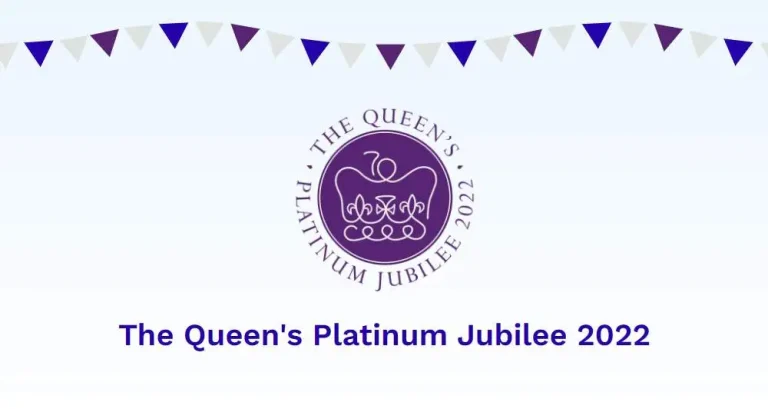This week I shall be attempting to make a lemon swiss roll and amaretti trifle. This is the Jubilee pudding, ’70 Years in the Baking.’ Perhaps it will follow in the footsteps of coronation chicken and Victoria sponge, going down in history and becoming part of British food folklore. Whether my children will be impressed remains to be seen!
Baking, bunting and street parties aside, we are being invited to recognise and celebrate the Queen’s faith and service. Those who know their history (or have watched Netflix’s The Crown) will recall that Elizabeth was a young newlywed travelling in Kenya when she learned of her beloved father’s death. He was only 56 and had become king when his elder brother abdicated. At 25 Elizabeth became queen regnant of seven independent Commonweath countries. Whatever our own views on the monarchy might be, the Queen (like the King before her) demonstrates that we may be called to action at any time. Also, our response depends less on our ability or experience than our willingness to do what we can, when we can, with what we have been given.
Jubilee originates in the Bible. It was God’s answer to long-term poverty. People become poor for all kinds of reasons and struggle to improve their situation. But the Jubilee allowed for a new beginning in every generation. For people trapped in poverty, it gave hope and new opportunities as land was restored to people, debts were cancelled, and slaves set free. Yet Jubilee was even more radical than an economic policy. It was a recovery of identity, especially for the poor. So the Bible contradicts the idea that ‘this is normal, this is natural, this is all there is’ and says ‘well actually this could be pulled down and we could set up that.’ This is the courage to reimagine. Because if imagination doesn’t change, nothing changes. But The Brick believes change is possible, and therefore we are hopeful – and jubilant!
Rev Caroline
Chaplain to The Brick [/vc_column][/vc_row]

